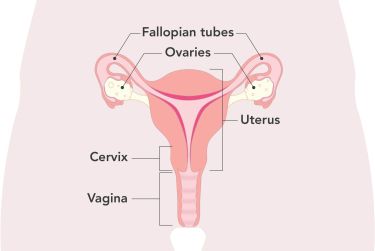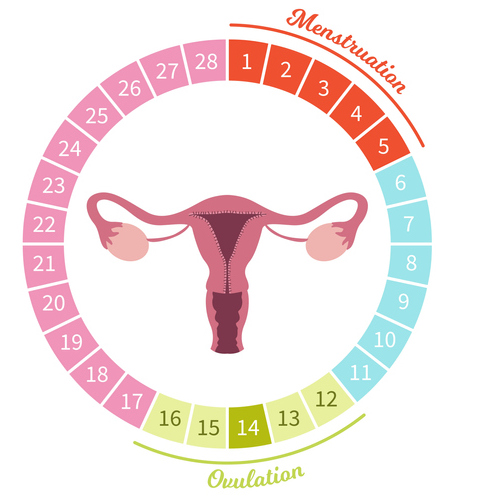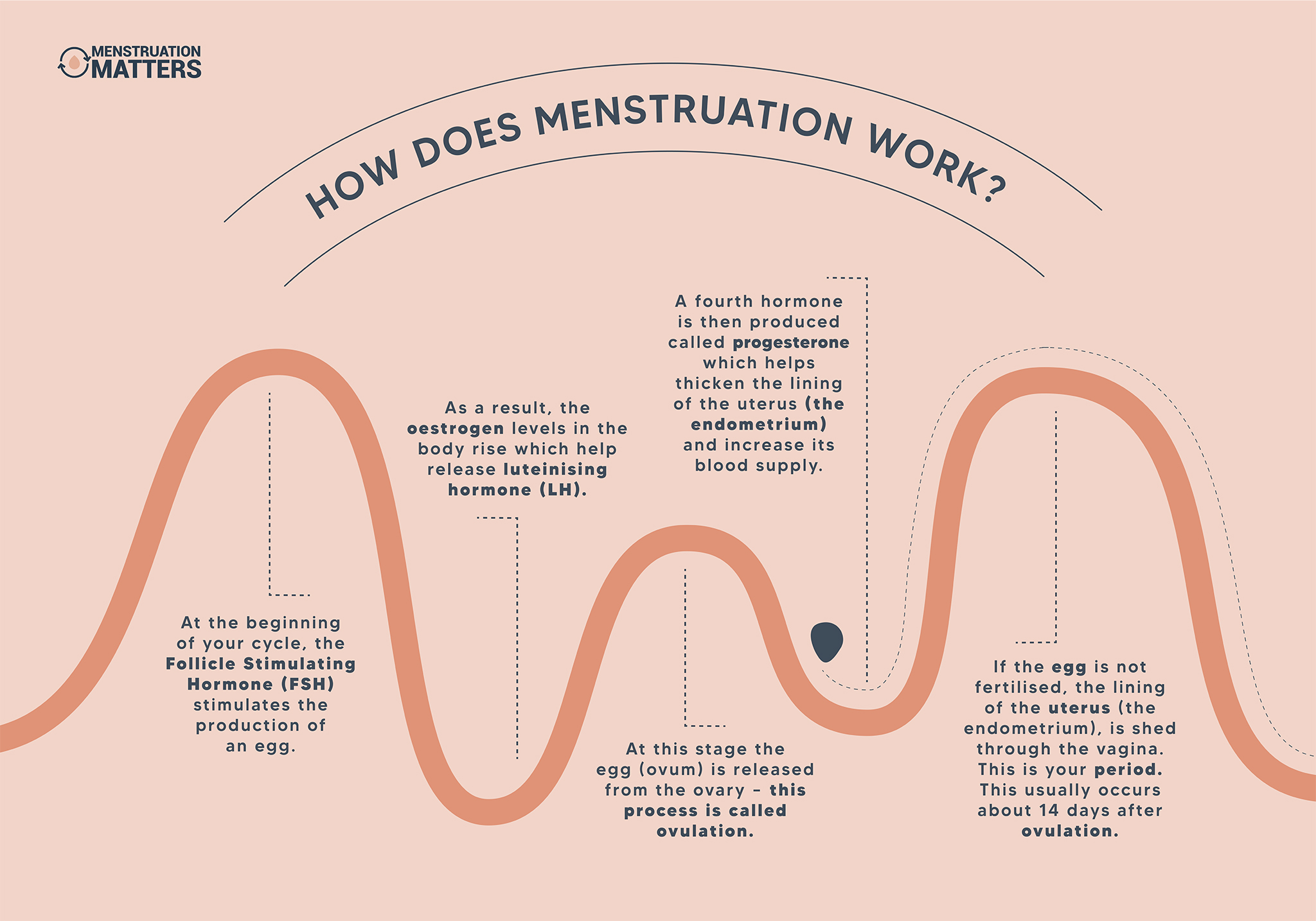How Does Menstruation Work?
During puberty, the reproductive organs (the organs used for having a baby) including the vagina, uterus (womb) and the fallopian tubes (the tubes that the egg travel down) grow in size to prepare the body for reproduction (having a baby).

Central to this menstrual cycle is the production and release of an egg (ovum) which usually happens around day 14 of the menstrual cycle – this is called ovulation.

The Follicle Stimulating Hormone (FSH), luteinising hormone, oestrogen and progesterone play a key role in producing and releasing this egg (ovum) and are the main hormones that control the reproduction system.

